Keywords: Legal Profession
-
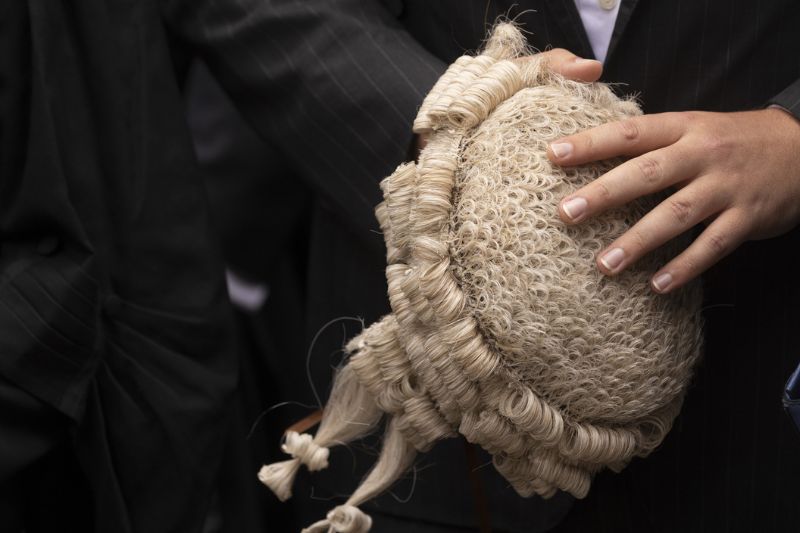
AUSTRALIA
- Frank Brennan
- 20 August 2024
6 Comments
In the aftermath of the failed Voice referendum, questions arise about the legal profession’s role in public discourse. Was this a missed opportunity for legal experts to provide critical analysis and guidance on such a significant constitutional matter?
READ MORE
-
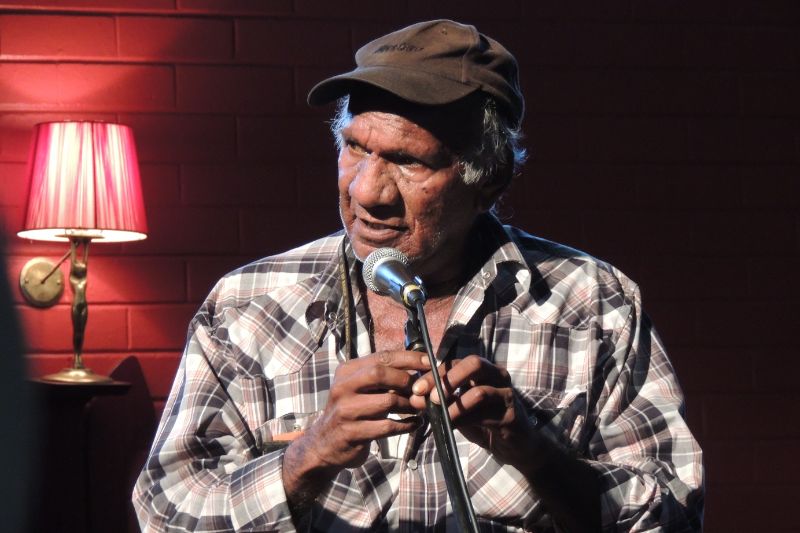
ENVIRONMENT
- Michele Madigan
- 18 April 2024
7 Comments
An Arabunna man, Uncle Kevin Buzzacott devoted himself to the protection of that delicate, glorious country of north eastern South Australia with its Great Artesian Basin’s ancient waters threatened by the succession of powerful mining companies operating Roxby’s Olympic Dam.
READ MORE
-

AUSTRALIA
- Juliette Hughes, Kathy Chambers
- 05 January 2023
With very little public debate or consultation, Victoria has repealed almost all laws relating to prostitution. Alone among all recreational activities, sex for payment is now unrestricted, even regarding health and safety. If we really care what happens to people, what place does sex work have in our society?
READ MORE
-

AUSTRALIA
- Michele Frankeni
- 24 October 2022
How do we go from insisting our children tell the truth, even if it leads to punishment for breaking rules, to casually accepting a lack of veracity from societal ‘leaders’? Why in this age of social media when the mildest of heterodox comments cause a storm of protest do blatant untruths cause not even a ripple?
READ MORE 
-

AUSTRALIA
- Juliette Hughes, Kathy Chambers
- 20 October 2022
10 Comments
With very little public debate or consultation, Victoria has repealed almost all laws relating to prostitution. Alone among all recreational activities, sex for payment is now unrestricted, even regarding health and safety. If we really care what happens to people, what place does sex work have in our society?
READ MORE 
-

AUSTRALIA
- Margaret Somerville
- 03 June 2021
80 Comments
The case against euthanasia is much more difficult to promote, not because it is weak — it is not — but because it is much more complex.
READ MORE 
-

AUSTRALIA
- Margaret Somerville
- 03 June 2021
9 Comments
No one on either side of the debate wants to see people suffer and the euthanasia debate is not about if we will die — we all will at some point. The debate is about how we will die and whether some ways of dying, namely euthanasia, are unethical and dangerous, especially to vulnerable and fragile people, and destructive of important shared values on which we base our societies.
READ MORE
-
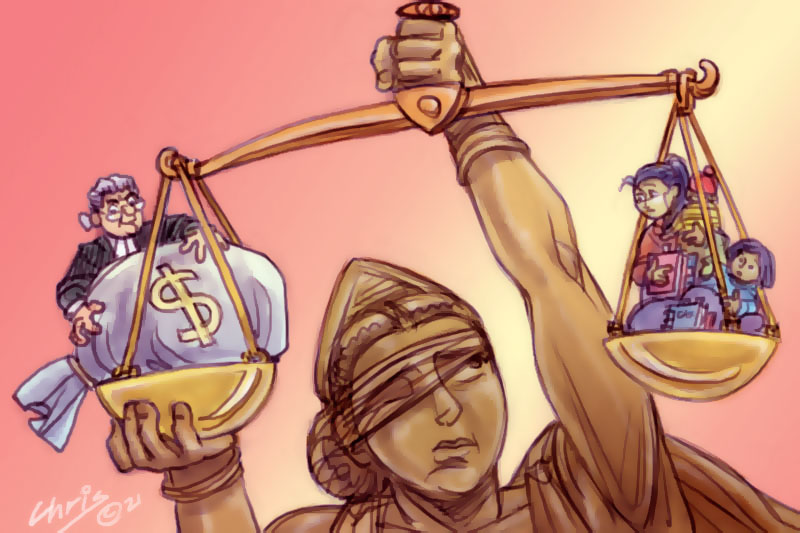
AUSTRALIA
The fact is that money still buys a better service from the legal system, and to claim otherwise is to throw out the most basic principles of an economy. After all, if there were no benefit to be gained from backing up a truck full of money and tipping 30 or 40 grand a day into a team of silks, junior barristers and top tier solicitors, why would those with the means do it? To argue the contrary beggars belief. And if the observation is accepted, what does that tell us about the rule of law?
READ MORE 
-
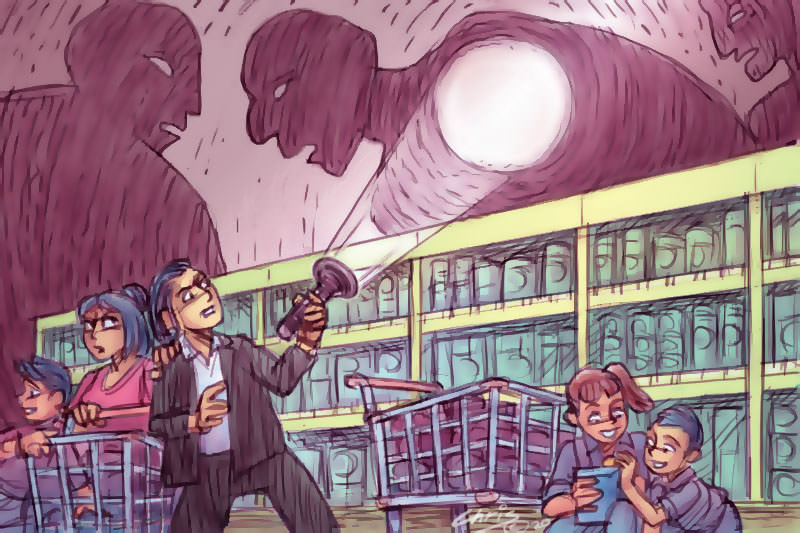
AUSTRALIA
At the fringes of the legal system, there are areas of work you probably won’t read about in law school career guides. Many of these deal in trauma or poverty. They are substantial, but they aren’t celebrated or pursued by the mainstream of the profession. They generally attract neither money nor prestige, and in many cases the ‘market’ fails to provide paid jobs of any sort, irrespective of need.
READ MORE 
-
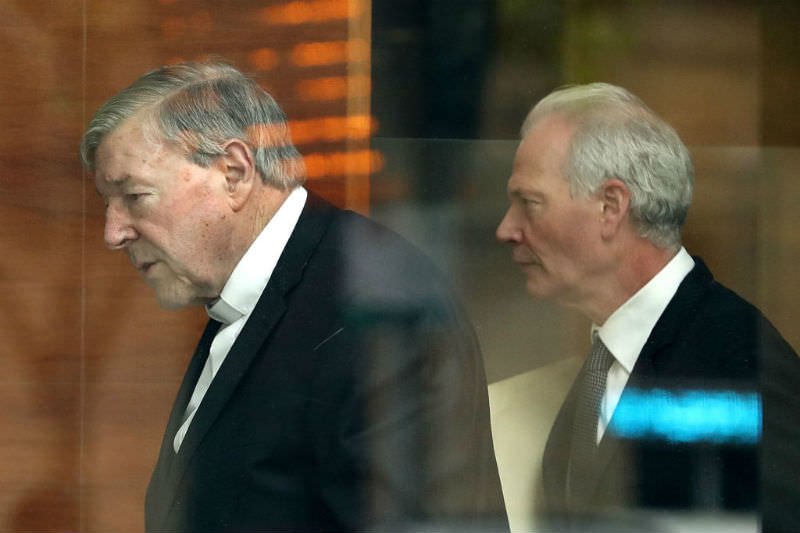
AUSTRALIA
- Frank Brennan
- 26 February 2019
253 Comments
Should the appeal fail, I hope and pray that Cardinal Pell, heading for prison, is not the unwitting victim of a wounded nation in search of a scapegoat. Should the appeal succeed, the Victoria Police should review the adequacy of the police investigation of these serious charges.
READ MORE 
-
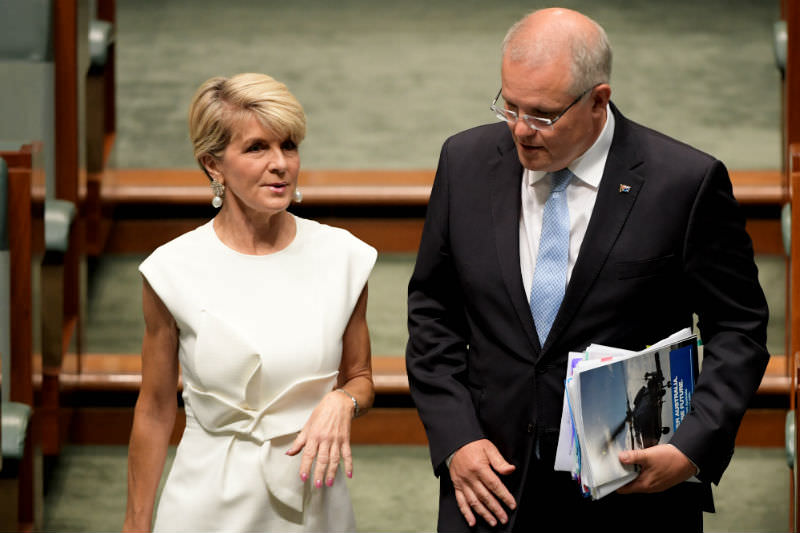
AUSTRALIA
- Moira Rayner
- 25 February 2019
12 Comments
After five or so years as a better-than-most foreign minister, and a serial turner-up at branch fundraisers and social events, she has been mourned as 'the prime minister we never had,' and someone who was never fully or adequately appreciated. I think this was inevitable.
READ MORE 
-
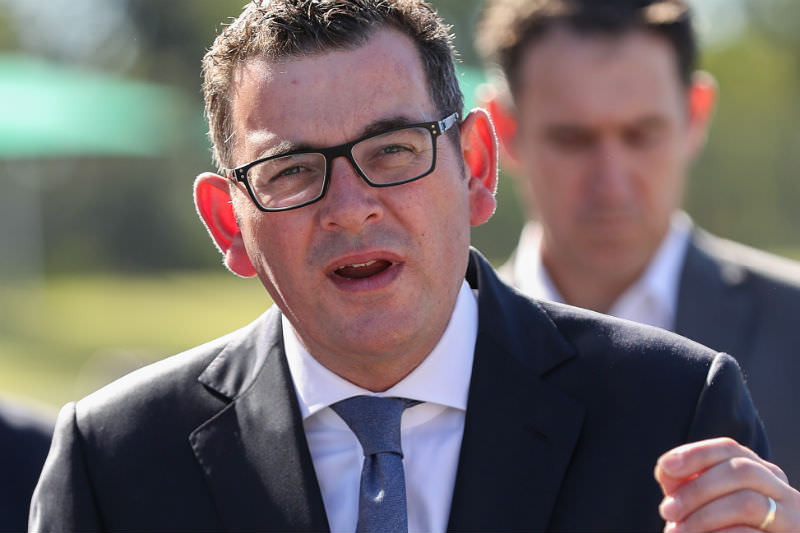
AUSTRALIA
- Andrew Hamilton
- 12 December 2018
15 Comments
Victoria's government has promised legislation to force religious ministers to report information about child sexual abuse received in Confession, and called a royal commission after revelations a lawyer breached the professional duty of confidentiality to clients. The implications of these breaches of confidentiality deserve reflection.
READ MORE 